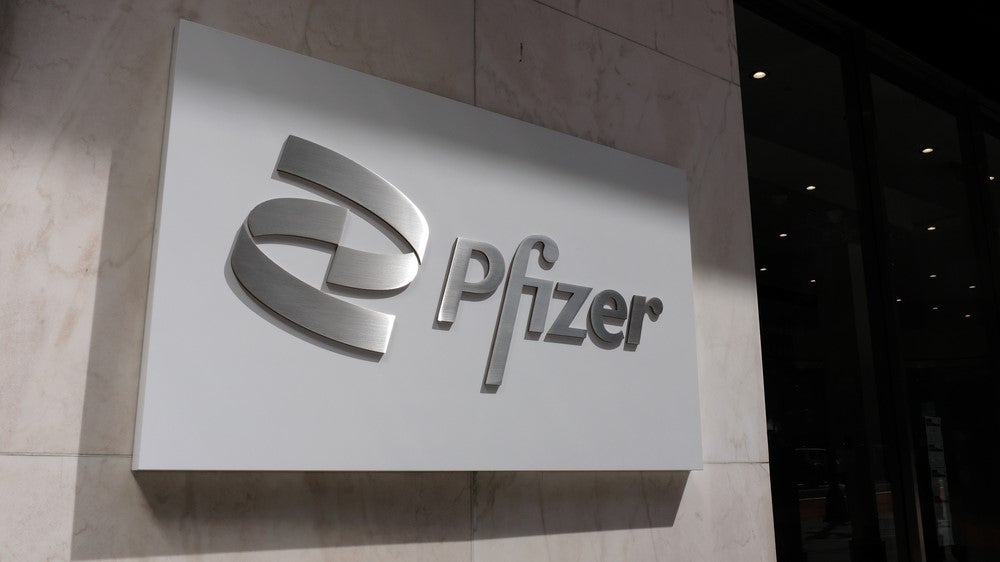
Pfizer’s Elrexfio (elranatamab-bcmm) has received accelerated approval from the US Food and Drug Administration (FDA) to treat adults with relapsed or refractory multiple myeloma (RRMM) as a fifth line of therapy.
Elrexfio is a subcutaneously administered bispecific antibody that targets B-cell maturation antigen (BCMA) on myeloma cells and CD3 on the T-cells, thereby leading to cell death.
One of Elrexfio’s competitors in this space is Janssen’s BCMA-CD3 bispecific antibody Tecvayli (teclistamab), which first received accelerated approval from the FDA in October 2022. Recently, another Janssen drug, Talvey (talquetamab-tgvs), was approved as a fifth line of therapy for RRMM.
GlobalData forecasts Janssen’s drugs to lead the market, with Tacvayli dominating the market with global estimated sales of $4.7bn and Talvey’s estimated sales reaching $1.8bn, in 2029. While Elrexfio is forecasted to generate a fraction of that, about $400m in sales in the same period.
GlobalData is the parent company of Pharmaceutical Technology.
Elrexfio is currently under review for marketing approval in Switzerland, Brazil, Canada, Australia, and Singapore, as part of Project Orbis to accelerate drug approvals. Additionally, Pfizer has also applied for approval in the EU and Japan.
Phase II data backs accelerated approval
Elrexfio’s approval was based on one cohort’s data from the open-label, non-randomised Phase II trial (NCT04649359). The overall response rate for the 97 patients in the cohort, who had previously not received a BCMA-directed therapy, was 58%, which lasted for approximately nine months for 82% of these patients.
In the 64 patients who had received either a chimeric antigen receptor (CAR)-T therapy or an antibody-drug conjugate as a prior therapy, the overall response rate dropped to 33% while the treatment duration remained at nine months for about 84% in these patients.
Elrexfio will carry a boxed warning similar to Tacvayli, specifically for cytokine release syndrome (CRS) and neurologic toxicity (NT). Other commonly reported serious adverse events seen with Elrexfio include decreased haemoglobin and blood counts.
